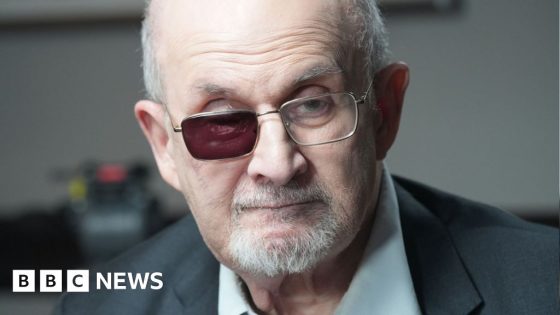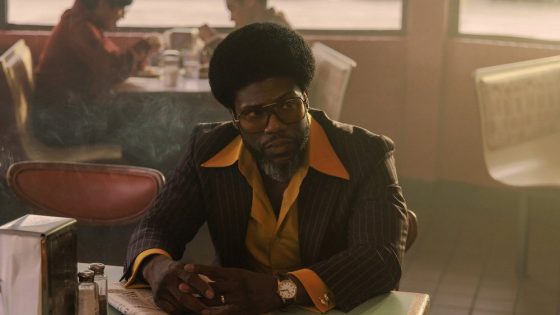Tesla CEO Elon Musk has said that lidar sensors are a “crutch” for autonomous vehicles. But his company has bought so many from Luminar that Tesla is now the lidar-maker’s top customer.
Tesla accounted for “more than 10%” of Luminar’s revenue in the first quarter of 2024, or a little more than $2 million, the lidar-maker revealed Tuesday in its first-quarter earnings report.
Luminar reported that its revenue fell 5% from the fourth quarter of 2023, which it mostly attributed to “lower sensor sales to non-automotive customers.” That drop was “offset by sensor sales to Tesla, which was our largest lidar customer in Q1.” Luminar also noted a 45% gain in revenue year-over-year.
The company had a net loss of $125.7 million in the first quarter, an improvement from the $146.7 million in losses it reported in the same period last year. Luminar said its net loss included accelerated depreciation for equipment expected to be abandoned due
to certain outsourcing actions initiated in fall 2023.
Luminar released its results just a few days after announcing plans to slash its workforce by 20%, in a restructuring that will see it outsource much of the production of its lidar sensors in a bid to scale the business.
Tesla has been spotted using lidar and other sensors on some of its test vehicles, and has been reportedly been in a partnership with Luminar as far back as 2021. Details of the deal have never been disclosed and Luminar didn’t explain why it was sharing the information now. The new disclosure comes just months before Tesla is expected to reveal a robotaxi on August 8.
Musk has long argued that relying on lidar to help autonomous cars navigate the world is a “fool’s errand.” He said at Tesla’s “Autonomy Day” event in 2019 that “anyone relying on lidar is doomed!”
“[They are] expensive sensors that are unnecessary,” he said at the time. “It’s like having a whole bunch of expensive appendices. Like, one appendix is bad, well now you have a whole bunch of them, it’s ridiculous, you’ll see.”
Of course, Musk also said at that event in 2019 that Tesla would launch a fleet of robotaxis in just one year. That never happened. Instead, Musk is still buying crutches.
Source Agencies



